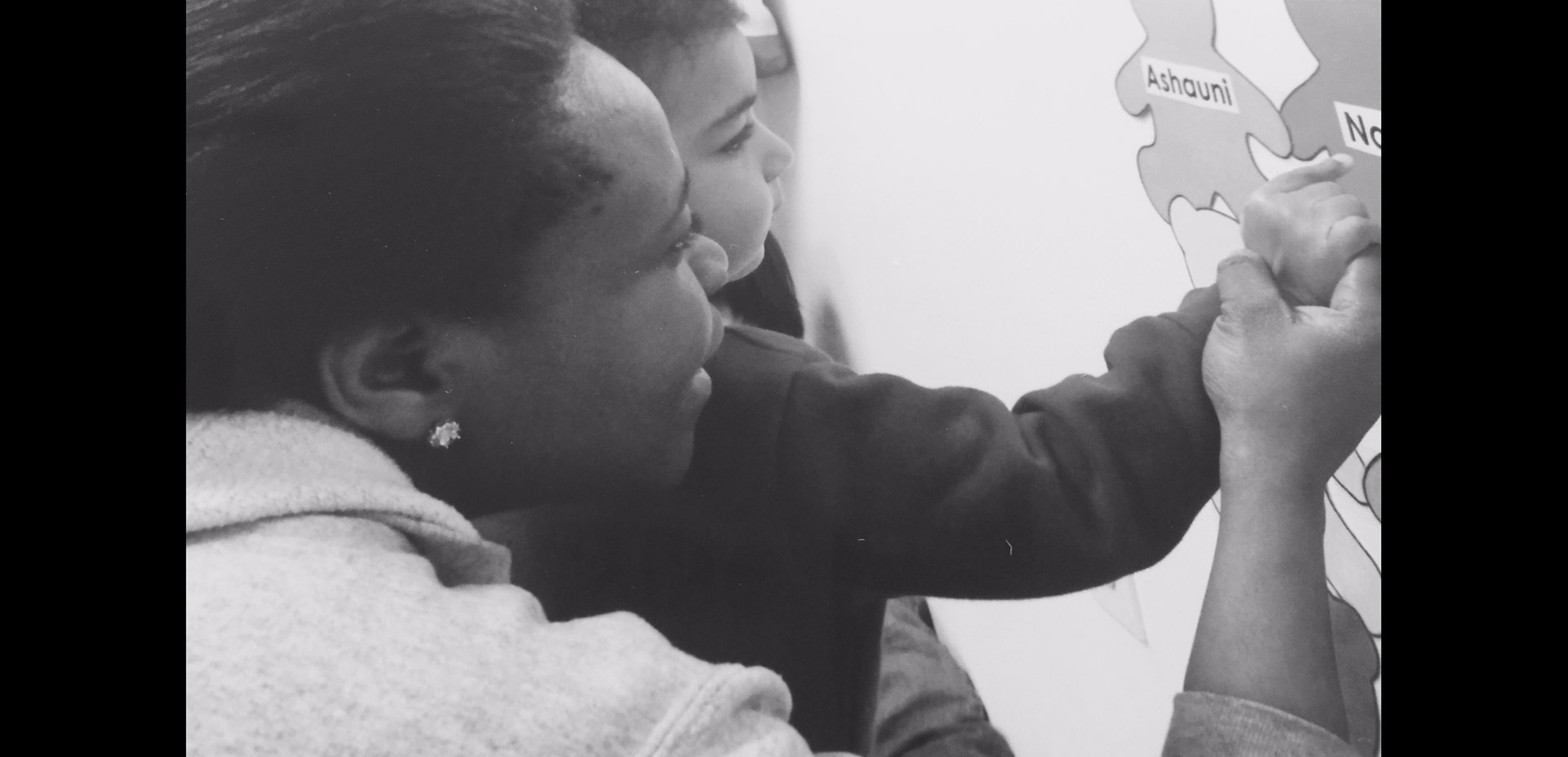
Educational philosophy
Connecticut’s Early Learning State Standards
The Little Schoolhouse began welcoming young children in 2008. A home away from home environment was created for them so they could feel secure and nurtured. The space was created with children in mind so they could move around freely and independently. The children are provided opportunities to explore and work through materials that give them learning experiences to strengthen their developmental skills. Children have exposure to materials that have built in gradations of struggle. These materials are made to challenge and increase their difficulty as children work through the activities and master different levels they are confronted with during their engagement. Children’s concentration and attention are enhanced as they focus and work through these learning experiences. These experiences, simple as they look, help young children develop skills and are opportunities for them to build patience, self-regulation of their behavior and grow their self-esteem as they become confident learners. Children then begin to feel pride from their own achievements. They begin to learn they can do things successfully and independently. Their manipulation and exploration of materials build their knowledge and therefore increases their development.
The Connecticut Early Learning State Standards is a valuable tool for supporting young children in their stages of development. They guides our teaching practices so the learning experiences that are created for them provide them with developmentally appropriate opportunities to work through challenges. Children are guided in “provocation” so they are provoked to think, discuss, question, learn about their interests, and are able them to make meaning of their experiences as they apply them to the real world. The goal is not to overwhelm children but to give them time to process information as they explore so they eventually move to higher levels of ability without any frustration. Marie Montessori, who first became a doctor and eventually an Italian educator was the founder of the Montessori education system. She recognized children as having “natural intelligence” who are trying to figure out the world they live in through their play and explorations. Howard Gardner’s theory that people are born with eight intelligences is aligned with Marie Montessori’s theory of children having “natural intelligence.” Our educators know the importance of tapping into children’s natural intelligence to grow them by creating classroom environments that foster children’s natural desire to learn.
Using the Creative Curriculum, our teachers are able to tap into children’s curiosities and develop learning experiences so children’s learning engagements are open to creativity and are often guided through active teaching strategies. It inspires our teachers to focus on children’s big ideas, their passions and their needs. Our use of curriculum, guide our teachers to meet the needs of our children to open their natural intelligence in music, science, math, history and literacy. We use our expertise to guide and stimulate our students so they will become avid life-long learners. Our teachers have learned that children’s trials and errors become the road to further development of their intelligence with just a little guidance and encouragement. Think of Dr. Marie Montessori as our children increase their intelligence about the world around them. Below is her quote:
“Our care of the child should be governed, not by the desire to make him learn things, but by the endeavor always to keep burning within him that light which is called intelligence.” – Marie Montessori
At The Little Schoolhouse, we respect children and their intelligence, as we help them to maintain their dignity as they strive to know who they are and value and appreciate themselves as human beings and learn their worth, their characteristics, talents, interests and ideas as we grow them into people who delight in themselves and appreciate their own identity.

